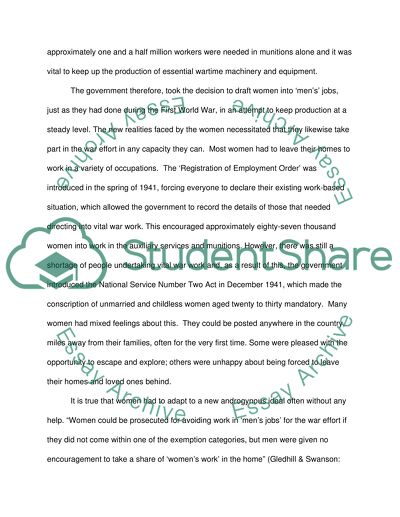Cite this document
(“Women Rising From the Ashes of War Essay Example | Topics and Well Written Essays - 1000 words”, n.d.)
Women Rising From the Ashes of War Essay Example | Topics and Well Written Essays - 1000 words. Retrieved from https://studentshare.org/history/1560063-women-rising-from-the-ashes-of-war
Women Rising From the Ashes of War Essay Example | Topics and Well Written Essays - 1000 words. Retrieved from https://studentshare.org/history/1560063-women-rising-from-the-ashes-of-war
(Women Rising From the Ashes of War Essay Example | Topics and Well Written Essays - 1000 Words)
Women Rising From the Ashes of War Essay Example | Topics and Well Written Essays - 1000 Words. https://studentshare.org/history/1560063-women-rising-from-the-ashes-of-war.
Women Rising From the Ashes of War Essay Example | Topics and Well Written Essays - 1000 Words. https://studentshare.org/history/1560063-women-rising-from-the-ashes-of-war.
“Women Rising From the Ashes of War Essay Example | Topics and Well Written Essays - 1000 Words”, n.d. https://studentshare.org/history/1560063-women-rising-from-the-ashes-of-war.


